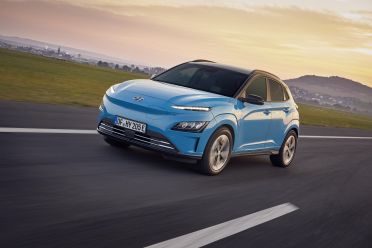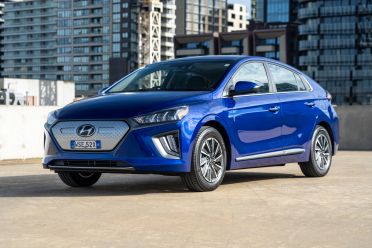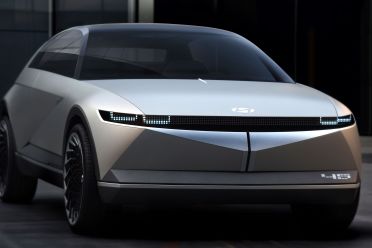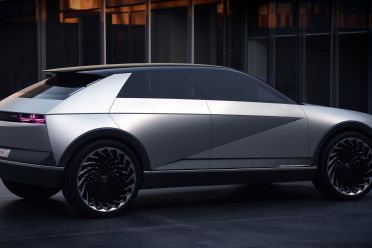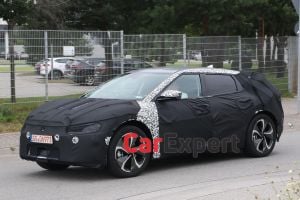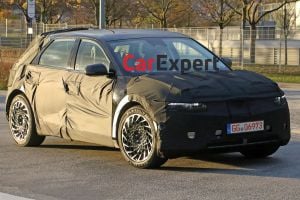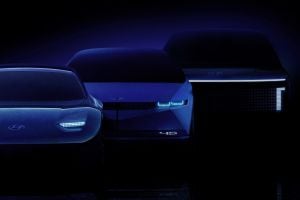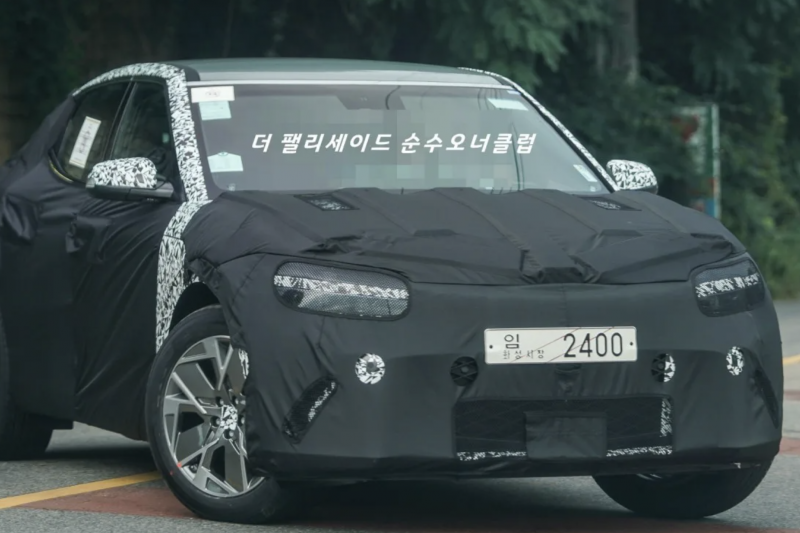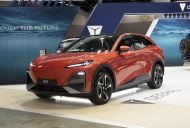Hyundai’s introduction of the new Electric Global Modular Platform doesn’t spell the end of its existing electric cars.
“Our derivative EVs like Niro, Kona and Ioniq, they are market-leading already in efficiency and range. It’s just too good to give up on this,” said Hyundai R&D boss Albert Biermann.
“We will continue with derivative EVs based on our next-generation front-wheel drive platform. They will also become more efficient with better performance.”
Hyundai will focus on the smaller B and C segments with its electric vehicles based on internal combustion engine platforms.
That includes the aforementioned B-segment (small) Hyundai Kona Electric SUV and the slightly larger Kia Niro EV.
Biermann’s remarks appear to suggest the current Ioniq Electric could also stick around, despite the imminent introduction of the Ioniq 5.
So far the smallest model to be announced as part of the Ioniq sub-brand, the Ioniq 5 is a hatchback based on the Hyundai 45 EV concept and using the new E-GMP architecture.
That means unlike the existing Ioniq, it’ll be rear-wheel drive and not front-wheel drive.
E-GMP models will be positioned as more stylish electric vehicles, with Hyundai not putting aerodynamics above styling in a conscious effort to offer EVs that stand out from rivals.
“Unlike the younger competitors in the EV business, on some of our models we are not focusing so much on aerodynamics because if you just focus on aerodynamics, all the cars almost all look the same. You can see them on the road already, they all look similar,” said Biermann.
“Of course, we can afford maybe not the class-leading aerodynamics because we have such a very efficient EV system.”
The company has also said it won’t enforce a strict family design language from model-to-model, as evidenced by the teasers of its upcoming Ioniq 5, 6 and 7 which run the gamut from sharp-edged (5) to slinky and curvaceous (6).
The Ioniq 5, an unnamed Kia crossover and a Genesis crossover will debut next year, with the Ioniq 6 sedan following in 2022 with styling based on the Hyundai Prophecy concept.
A bluffer, large SUV called the Ioniq 7 will follow in 2024.
Hyundai aims to have 23 electric vehicles by 2025, which includes both E-GMP-based models and those based on internal combustion engine platforms.

